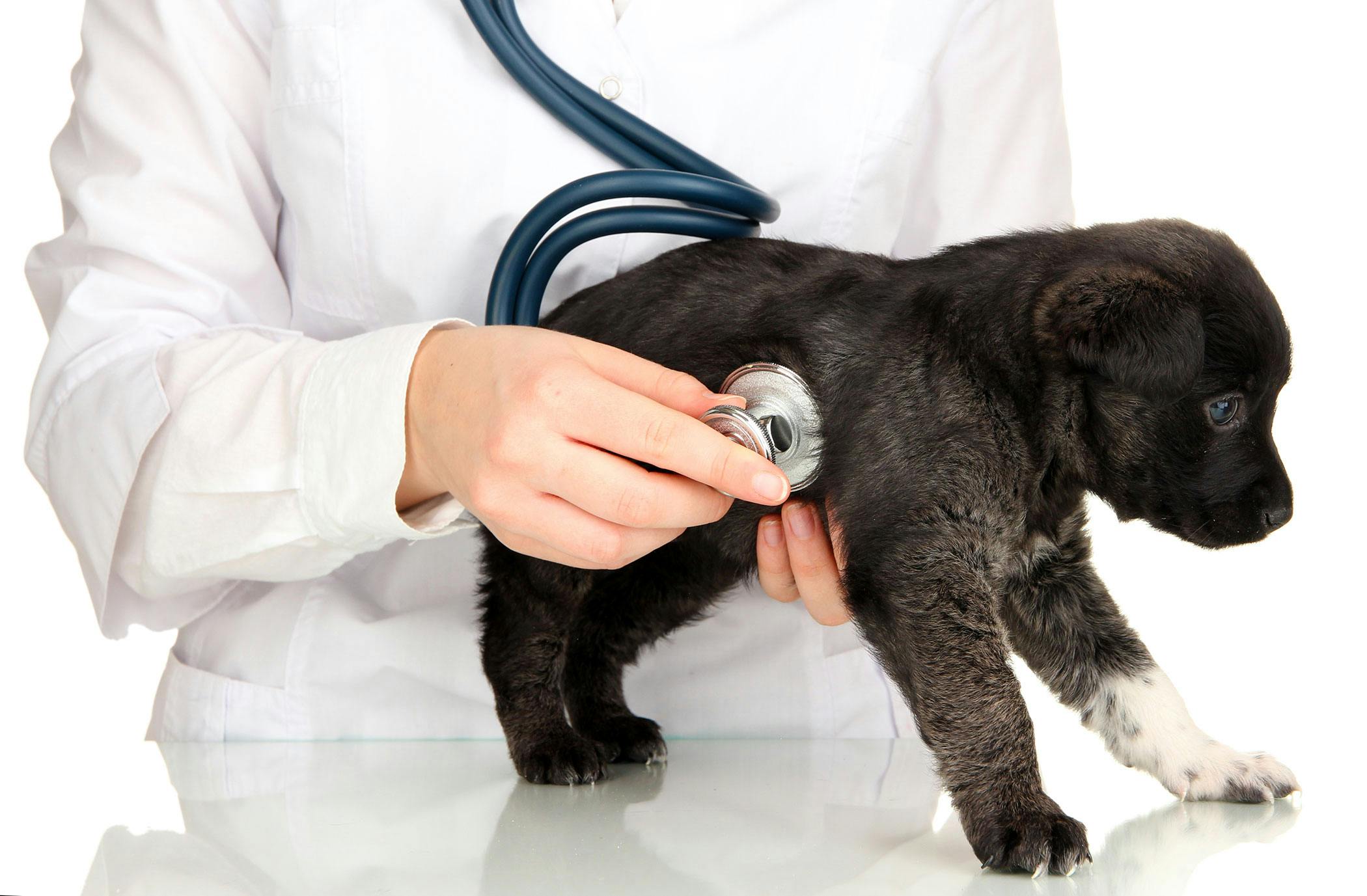
An older child or adult with a slow heart rate, for example, might have symptoms when the heart rate drops below 50 beats per minute.
Children by age 12: 55 to 85 beats per minuteĪ doctor can determine whether a heart rate is abnormally fast or slow, depending on a person’s situation. Children ages 1 to 3: 70 to 110 beats per minute. Babies (birth to age 3 months): 100 to 150 beats per minute. The resting heart rate - how fast the heart beats when a person is not engaged in activity - decreases as children get older. A “normal” heart rate differs depending on age and lifestyle and other factors. The heart rate is the number of heart beats per minute. Irregular heartbeat in children can be congenital (present at birth) or develop later in life. Use of illegal drugs, alcohol or tobaccoĪrrhythmias can be temporary or permanent. Medicines (prescription, over-the-counter and some herbal remedies). Injuries to the heart from chest trauma or heart surgery. Irregular heartbeat in children can be caused by: Sometimes the electrical signals don’t communicate properly with the heart muscle, and the heart can start beating in an abnormal rhythm - this is an arrhythmia. The sinus node will speed up the heart rate in response to things like exercise, emotions and stress, and slow the heart rate during sleep. The sinus node acts as the heart’s natural pacemaker, making sure the heart beats at a steady rate most of the time. What Causes Arrhythmias?Ī unique electrical system in the heart causes it to beat in its regular rhythm. The electrical signals start from a group of cells located in the right atrium. Many arrhythmias don’t need medical care, but some can cause health issues and need to be evaluated and treated by a doctor.Īt Norton Children’s Heart Institute, affiliated with the UofL School of Medicine, electrophysiologists work closely with specially trained nurses and technicians in the electrophysiology laboratory to fully evaluate, treat and often cure irregular heartbeat in children. This uneven pumping activity can lead to a variety of symptoms, including fatigue, dizziness and chest pain. The heart normally beats in a consistent pattern, but an arrhythmia can make it beat too slowly, too quickly or irregularly. Most arrhythmias are caused by an electrical “short circuit” in the heart. Both terms describe an abnormal heart rhythm. Hummel.Arrhythmia in children also is called an irregular heartbeat. "Abnormal heartbeats can come and go, especially in young people,” states Dr. 
Remember, not all unusual heart rhythms will require treatment. Hummel advises you make notes of when you experience irregular heartbeats and share this information with your doctor. Hummel says external factors could be causing disruptions in your heart rhythm:ĭr. If it’s not, abnormal heart rhythms more commonly will increase your risk of stroke or sudden death.”ĭr. “The other issue is whether your heart is structurally normal. “There’s a big difference between sitting in a chair and noticing your heart skipping and having fluttering that makes you feel like I’m going to pass out,” says Dr.

Hummel, those symptoms include fainting, dizziness, chest pain, swelling in your leg or shortness of breath. Go immediately to the doctor if you have additional symptoms with your irregular heartbeat or you’ve had a heart attack or other heart stress.

Hummel says it can be difficult for most people to know if an irregular heartbeat is a sign of something more serious. Hummel explains some people experience an extra heartbeat, a skipped beat, too fast of a beat (called tachycardia) or too slow of a beat (called bradycardia).ĭr. There are several types of irregular heartbeats. The possible causes of an irregular heartbeat can vary widely – from too much caffeine to a more potentially dangerous condition of having your blood pressure skyrocket or plummet. “But it doesn't always require treatment.” “It can be tempting to jump to the worst-case scenario when it comes to your heart, and to think that an irregular heartbeat is a sign of a serious disease,” says Dr. Ross Heart Hospital, sheds some light on irregular heart rhythms, or types of arrhythmias, which are fairly common. John Hummel, MD, a heart rhythm specialist at the Richard M. But when does an extra heartbeat or other unexpected feeling warrant a visit to your doctor? Having a hiccup in your heart rhythm can be uncomfortable – as well as frightening.







 0 kommentar(er)
0 kommentar(er)
